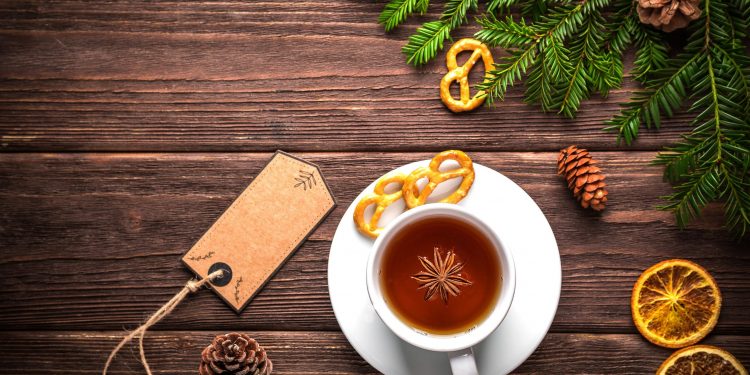by Amy Zellmer | Editor-in-chief
With the holidays upon us, many traumatic brain injury (TBI) survivors will find themselves facing more overstimulation than normal, which can cause additional brain fatigue and stress — as well as causing fear and panic to set it in in some situations.
Overstimulation is one of the most common symptoms amongst concussion and TBI patients, and can come in any combination of sounds, images, light, smell, taste, and touch.
Because overstimulation can’t be “seen” it can be a mystery to those who have never experienced it; and cause frustration between someone going through it and their loved ones who don’t understand it.
Myself personally, I have a hard time dealing with a crowded restaurant or mall this time of year because there is too much noise combined with lights and lots of scents. I will have a hard time focusing when there is a lot of background noise, and find myself unable to carry on a conversation or make sense of what I am trying to do. I will leave feeling completely exhausted and often acquire a headache to go with it. I usually tire out before my 78 year old mother, who can shop circles around me.
I have compiled a list of six simple things you can do to make the holidays easier on yourself, or a loved one who is dealing with overstimulation.
- Keep Hydrated. The brain functions best when it is fully hydrated. When you are out shopping it is easy to become dehydrated rather quickly. You can combat this by always having a water bottle with you and refilling it often. As tempting as it is, drinking alcohol and caffeine will also cause you to get dehydrated, so it is best to avoid those types of drinks when you know you are going to be faced with overstimulation.
- Keep additional stimulation to a minimum. Decrease the amount of stimulation in places that you have control of it. If you know you’re headed to the mall or crowded restaurant, don’t watch television before heading out or listen to the radio on the way there. If you’re going with a friend or loved one, explain to them that you might not be able to have a conversation while you’re there. Bring your sunglasses and earplugs with and use them if you need them.
- Get additional rest. While this one seems obvious, it is sometimes hard to do with the hustle and bustle of the holiday season. Rest is critical to helping our brain recover from overstimulation. Take a nap before or after your big outings, and do your best to get a good night’s sleep each night. Give yourself a designated bed time and stick with that schedule throughout the holidays.
- Take shorter trips. If you have a lot to get done you may want to consider breaking it up into smaller trips. I find it easier to do one errand each day, rather than trying to cram five things into one outing. It may take longer, but your brain will thank you.
- Write Lists. I am the queen of sticky notes and shopping lists. Why add additional stress to the situation by going shopping without a clear list of where you need to go and what you need to get?! Even with a list, it is easy to feel overwhelmed and out of sorts. Having a plan of exactly where you need to go, and what you need to purchase at each location will help keep your stress levels done and keep you organized.
- Ask for help. It can be hard to do, but sometimes you need to ask for help. Whether it’s asking for someone to drive you somewhere, carry your bags for you, or even run an errand for you. Know when you’ve reached your limits (or, preferably BEFORE you’ve reached your limits) and ask for help. If you’re a friend or loved one, offer help before it’s asked for – or better yet, go ahead and do something off of their list before you see they need assistance!
If you are a caregiver, family member, or friend of a TBI survivor – please understand that overstimulation is very real. Allow us to take the steps needed to ensure our health and sanity this holiday season (and all year round.)
To all my fellow TBI survivors I wish you a wonderful holiday season filled with peace, joy, and love. Take care of yourself, and give yourself grace when needed. It is easy to push ourselves because we feel like we have so much to get done, however, it is important to know when to step back …. and take a nap!
You’re also invited to join my TBI Tribe on Facebook for some extra support and encouragement this holiday season.
This piece was originally published on Huff Post











